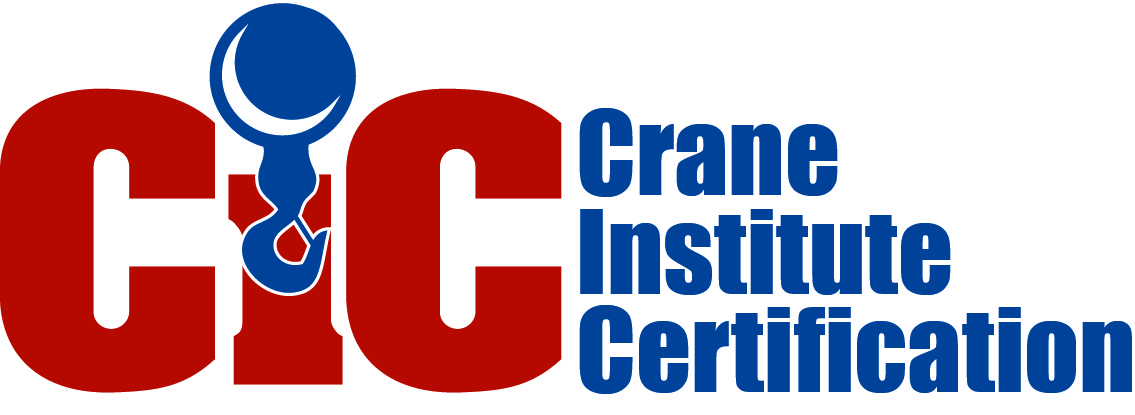 In early July, the Crane Institute Certification Public Awareness Committee successfully rallied support from U.S. Senators, including members of the U.S. Senate Committee on Health, Education, Labor & Pensions (HELP), regarding industry concern over OSHA’s May 22 proposed delay of the compliance date for crane operator certification.
In early July, the Crane Institute Certification Public Awareness Committee successfully rallied support from U.S. Senators, including members of the U.S. Senate Committee on Health, Education, Labor & Pensions (HELP), regarding industry concern over OSHA’s May 22 proposed delay of the compliance date for crane operator certification.
OSHA issued a final standard on requirements for cranes and derricks in construction work on Aug. 9, 2010. The standard requires crane operators on construction sites to meet one of four qualification/certification options by Nov. 10, 2014. A proposal to extend the compliance date until Nov. 10, 2017 must first be issued in the Federal Register and opened to public comment before an official delay could be announced.
“Delaying the compliance date has negative safety and financial implications for employers of crane operators,” said Debbie Dickinson, executive director of CIC.
“The HELP Committee members we met with, including Democrats and Republicans, were unanimously concerned about this proposed compliance delay and voiced their desire to support an inquiry to the Department of Labor and OSHA. The HELP Committee will seek an explanation as to why a delay, and possible rewrite of the new standard, is necessary, despite its development as a consensus crane standard,” said Tony Brown, a crane safety and labor consultant and CIC Public Awareness Committee member.
HELP subcommittee ranking member Johnny Isakson (R-GA) accelerated the efforts of CIC’s Public Awareness Committee by agreeing to take questions to the Department of Labor seeking answers to why a delay is being proposed. According to Tommy Nguyen, Isakson’s staff director, the Senator’s office anticipates a written response from the Department of Labor by the end of July.
“There appears to be more behind the push to delay the implementation date than just questions over interpretation of the standard,” said Brian S, Hope, CSP, corporate safety manager with Caldwell Tanks and CIC Public Awareness Committee member. “After visiting with OSHA officials, it appears that the agency desires to change the regulation in order to increase the opportunity for citations. If this truly is the motivation, OSHA has lost its focus on ensuring the safety and health of American workers, and it is a terrible blow to employers.”
“Ultimately, this is not a conservative or liberal issue. It is an American business, labor, and public safety issue. We need to see how to make the new regulation we already have work–not how to table it another three to five years for further review,” said Brown.
Author; Unknown
Source:


